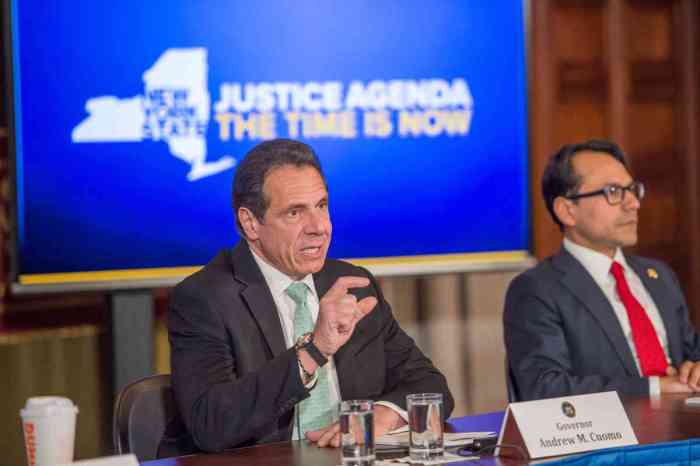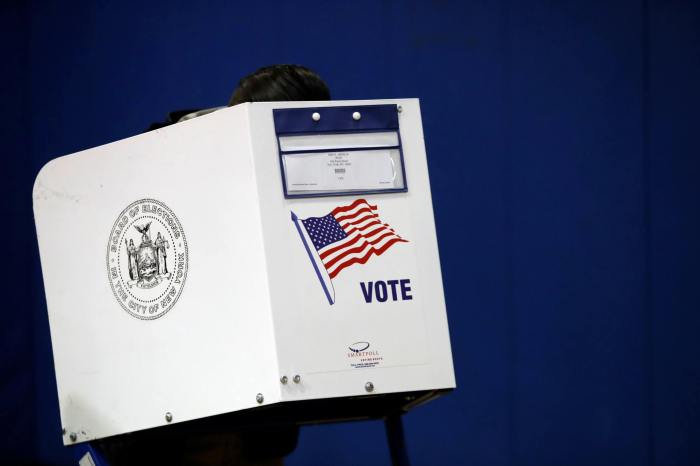While we’ve been collectively, and figuratively, holding our breath, waiting on the Board of Elections to finish counting, Mayor de Blasio finished his final budget with the blessing of the City Council. The total price tag is $98.7 billion, so there’s a lot of things in it. However, depending on who you ask and how you look at it, you’ll hear different opinions on what those “things” are and what they’ll mean for the future, or at least for the coming fiscal year.
The Daily News headline described it, adopting the mayor’s branding, as a “Recovery Budget.” The Times said the budget would “Aid Pandemic Recovery,” and the Post, as usual bringing up the rear, said, “just $300M to fight crime — zero for new cops”.
OAs with most things derived from multiple viewpoints, it’s a mixed bag. I’m glad to see social spending increased and cuts reversed for composting and cultural affairs. However, I think the NYPD spending increase shows that many Councilmembers “talk the talk” but won’t “walk the walk” and seek real reform when push comes to shove. Reform and safety are not antithetical but are linked.
As has been highlighted with its near deadline passage and the Speaker leveraging his power for a citywide run, while it’s not a transparent budget, it doesn’t take much to see, yet again, members not supportive of the speaker got the short end the stick. It’s politics, I get it, but I do take solace in the fact that such a gambit doesn’t seem to have worked, and Councilmember Lander, who voted no on this year’s budget and last year’s budget, will likely be the next Comptroller.
Another reason that I’ve termed it a mixed bag because, with the one-time infusion of federal funds totaling 14 billion dollars, there is a real concern that next year could see a major dropoff in city funding. It would be great if the federal funding levels were permanent, and the city could count on those levels for years to come. That’s not likely, yet I don’t think cuts should be made. So what is there to do? Well, that answer is to be found in Albany.
As I’ve argued in various forms, New York City should be granted greater fiscal authority to control its destiny. We need the power to generate revenue and adjust the rates as needed instead of just controlling the regressive property tax system. Even changes to the property tax go through Albany, the same for the city’s income tax. We’ve got Billionaires Row, and as such, it’s good for them that they are billionaires, but the houses they own aren’t leaving for Florida. If Jeff Bezos ends up filing his taxes on the moon, his 96 million dollar apartment will still be right here in the city, and we should be able to tax such properties as needed and not ask Albany for permission to change the rates.
I don’t just mean this for raising revenue. There are instances in which taxes can and should be cut. That may mean job-producing businesses, change vacancy write-offs, and other such policies, but until the city has such power, not much, if anything, is going to change. Without such change guiding the city past the fiscal year, 2022 will become more difficult than it has to be.






















